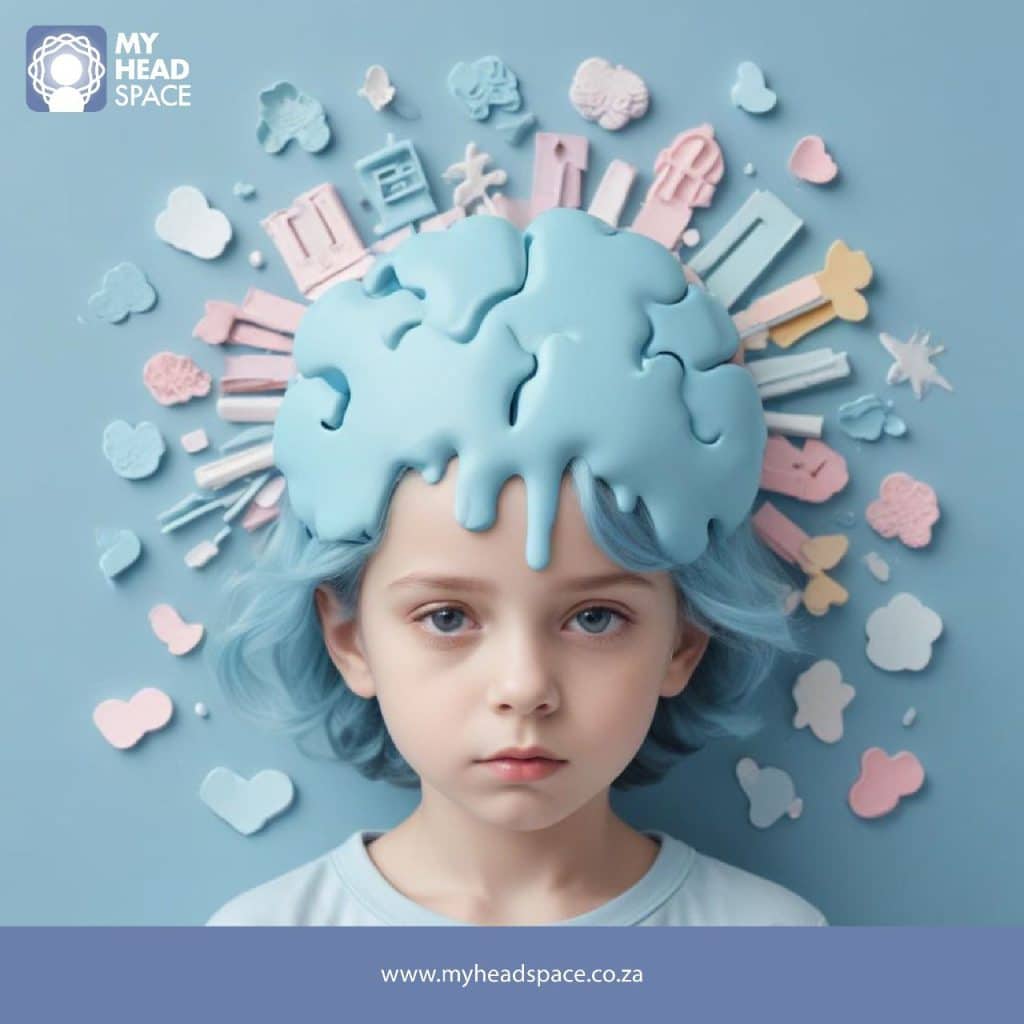
Child Therapist
Child Therapist
When it comes to supporting a child’s mental health and emotional well-being, the role of a child therapist is invaluable. Child therapists are specially trained to understand and address the unique developmental and emotional needs of young people. They work to create a safe space where children can express themselves, process their experiences, and develop healthy coping skills. If you’re considering therapy for your child, understanding what a child therapist does and how they can help is essential. Here’s a closer look at the benefits of child therapy and how it can support your child’s growth.
What is a Child Therapist?
A child therapist is a licensed mental health professional trained in working with children and adolescents. They use age-appropriate methods and therapeutic techniques tailored to help young people process emotions, build resilience, and develop healthy behavior patterns. Unlike therapy for adults, child therapy often integrates play, art, and storytelling, allowing children to express themselves in ways that feel comfortable and natural.
Child therapists may have backgrounds in psychology, social work, or counseling and possess specialized knowledge in child development and the common emotional and behavioral issues children face. Some therapists might focus on specific concerns, such as trauma, anxiety, depression, or behavioral challenges, while others work broadly across a range of issues.
When Might a Child Need Therapy?
Children face various life challenges, including family changes, academic pressures, social stress, or emotional trauma, which can significantly affect their well-being. While all children experience ups and downs, signs that a child might benefit from therapy include:
- Persistent sadness or withdrawal from activities they once enjoyed
- Increased anxiety or worry
- Difficulty concentrating or performing at school
- Anger issues or emotional outbursts
- Difficulty adjusting to changes, such as a move, divorce, or a new school
- Experiencing bullying or social isolation
- Symptoms of trauma, including nightmares or flashbacks
If you notice these signs, speaking with a child therapist can help determine if therapy could benefit your child.
Types of Therapy Used with Children
Child therapists use a variety of therapeutic techniques, depending on the age of the child and the specific challenges they face. Some common approaches include:
- Play Therapy: A technique often used with younger children, play therapy allows children to express their thoughts and feelings through play. It’s a way for them to explore complex emotions in a relaxed setting.
- Cognitive Behavioral Therapy (CBT): CBT helps children identify negative thought patterns and learn healthier ways of thinking. This approach is especially useful for children experiencing anxiety or depression.
- Art and Expressive Therapy: Through drawing, painting, or other creative activities, children can process emotions they might struggle to articulate verbally.
- Family Therapy: Sometimes, family dynamics play a role in a child’s emotional struggles. Family therapy can help parents and siblings better understand and support the child.
- Trauma-Focused Therapy: For children who have experienced trauma, a therapist may use specific techniques to help them process traumatic memories and reduce symptoms associated with post-traumatic stress.
How Therapy Benefits Children
Therapy can benefit children in many ways, often leading to improved emotional resilience, self-confidence, and coping strategies. Some key benefits include:
- Improved Emotional Regulation: Therapy helps children learn how to identify and manage their emotions, leading to fewer outbursts and a greater sense of emotional control.
- Increased Self-Confidence: As children work through their challenges, they develop self-confidence and a sense of achievement, which can positively impact other areas of their lives.
- Better Social Skills: Many therapeutic activities improve social skills by teaching children how to communicate effectively, resolve conflicts, and build healthy relationships.
- Enhanced Problem-Solving Skills: Therapy encourages children to think critically about their challenges and come up with solutions, helping them build resilience in the face of difficulties.
- Healthier Coping Mechanisms: Children learn to replace harmful behaviors with positive coping strategies, leading to healthier responses to stress.
Finding the Right Child Therapist
When searching for a child therapist, look for professionals with specific experience and credentials in child or adolescent therapy. It’s also essential to consider how well the therapist connects with your child, as the therapeutic relationship is critical for successful outcomes. Many therapists offer initial consultations to help you gauge their compatibility with your child’s needs.
In conclusion, child therapy can play a transformative role in helping young people navigate the complexities of their emotions and experiences. Whether your child is dealing with a specific issue or simply needs extra support, a child therapist can be a valuable partner in promoting their mental and emotional health.
